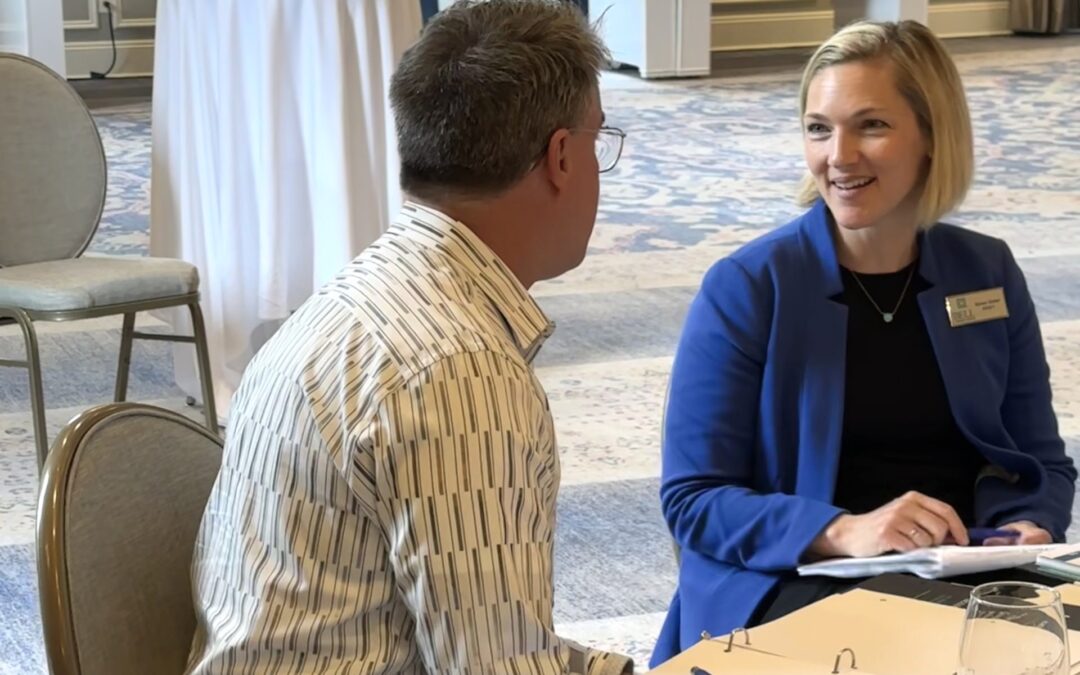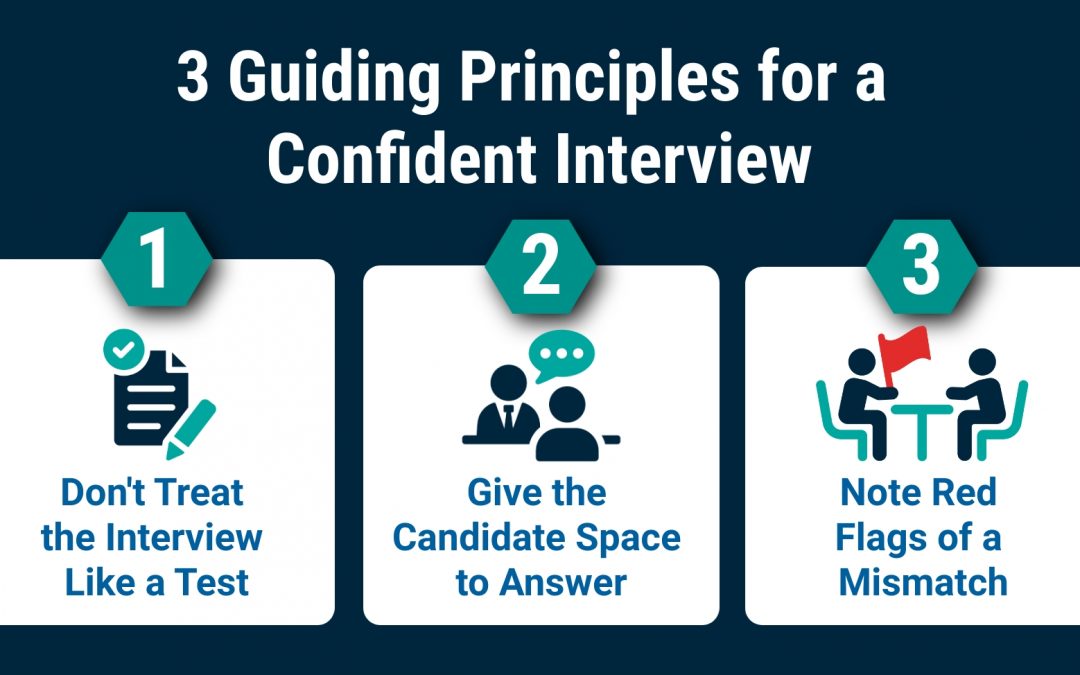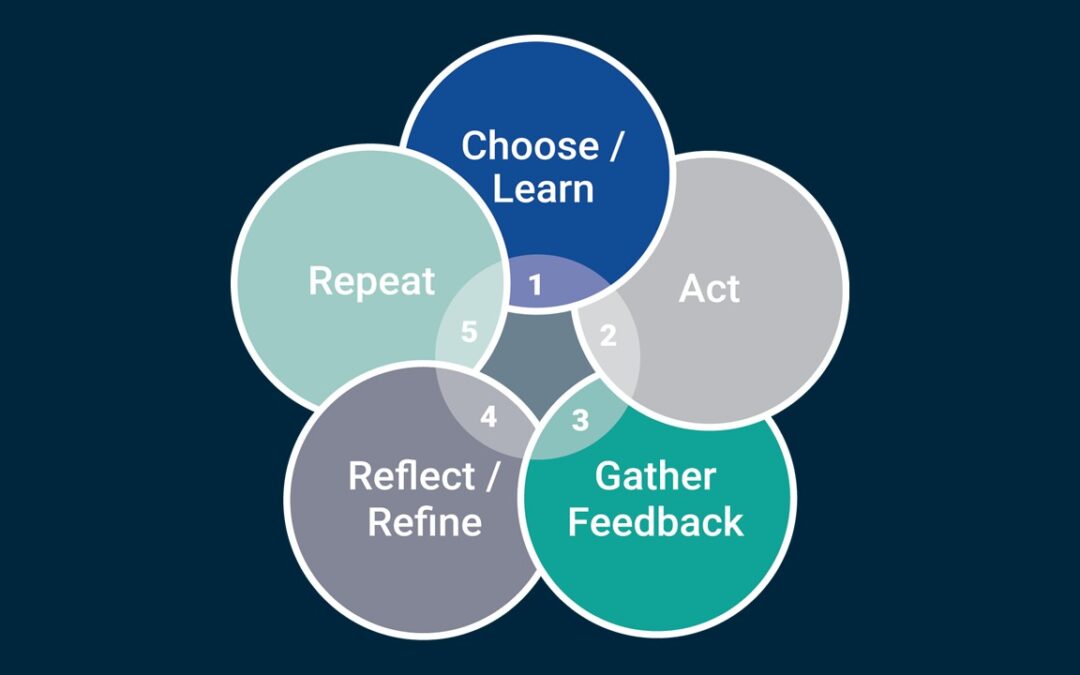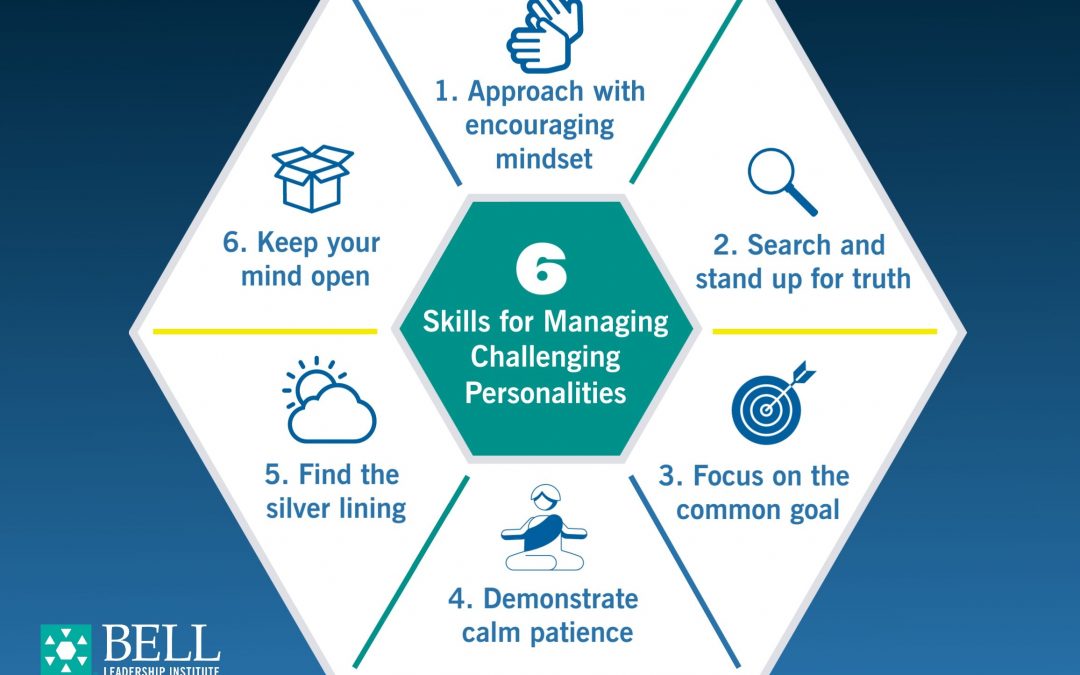
A “match,” for your team and organization means not just that the candidate fits the team, but also that the team and organization fit the candidate.
Are You Shortchanging Your Hiring Process?
There’s a temptation, especially with today’s labor challenges, to find anyone for your open positions and hire them as quickly as possible, so you can fill the void. Challenges of long-lingering vacancies can put a strain on your team, no doubt, with existing employees being stretched thin and the quality of work suffering when there isn’t the right person with the right skills doing the job. But don’t let these pressures cause you to shortchange your intentions to hire the best candidate possible. Your organization’s work doesn’t get done without great people doing it. Here are three key reasons why developing a detailed and deliberate hiring process results in better selection for your team.
1) Organizational Input
Involving key team members from your organization in your selection process is of tremendous value to your future success. Making time to include vested decision makers will elicit a different kind of response, information, and behavior from candidates and significantly improves your interview experience and outcome. This enables you to combine different sets of insights to gain a more accurate and comprehensive analysis of candidates.
2) Opportunity to Know Your Candidates
Even if you ask the most pointed, effective questions, people tend to be much more guarded in a first interview and will likely provide surface level, practiced answers. Without a plan to have multiple conversations with candidates and enough time allowed for that process, you may feel like “going with your gut” is your best option. Additional interviews will allow you to learn more about your candidates and get beyond the rehearsed answers.
3) Confidence in a Mutual Match
A “match,” for your team and organization means not just that the candidate fits the team, but also that the team and organization fit the candidate. Interviews are opportunities for you to share details about your business—the culture, history, mission, vision, and expectations for the role and the team. Your interview process can include these details at different levels as your relationship with a candidate progresses. The more you’re able to share, the more they’ll be able to decide with certainty whether your organization is a good fit for them.
 An intentional interview process is one way you can improve talent acquisition as well as create stability across your organization. If you are looking to successfully build your business, it starts with your people. Your people build your business.
An intentional interview process is one way you can improve talent acquisition as well as create stability across your organization. If you are looking to successfully build your business, it starts with your people. Your people build your business.
Your Selection process ultimately encompasses hiring, promoting, reconfiguring roles and responsibilities, and succession planning. Bell Leadership Institute can help your organization improve these processes with key techniques and a live practice interview to help you build your skills to find, grow, and retain effective people.
There are still seats remaining in our Selecting Achievers program, register today or contact us to find out more about bringing the Selecting Achievers program to your team.
More News & Insights for You from Bell Leadership
Why Great Leaders Can Still Make Poor Hiring Decisions
Hiring the right candidate is often more complex than it appears. Even strong, experienced leaders can find themselves making misaligned hiring decisions when certain assumptions or pressures come into play. This article explores five common hiring pitfalls and the patterns of thinking behind them—offering insight into how even effective leaders can get caught in them and how to avoid them.
Setting the Course for 2026: Principles for Meaningful Growth
Every organization is composed of a range of different personalities. The workplace would be a very boring place if we were all the same! With such variety, there is bound to be some individuals whose working relationships require a little extra effort. Here are six leadership skills to build as you manage challenging personalities toward success.
TRAINER TALK / Susan Gisler
Download QRPrint QR
Guiding Principles for a Confident Interview
Every organization is composed of a range of different personalities. The workplace would be a very boring place if we were all the same! With such variety, there is bound to be some individuals whose working relationships require a little extra effort. Here are six leadership skills to build as you manage challenging personalities toward success.
TRAINER TALK / Bill Sanford
Download QRPrint QR
TRAINER TALK: Build Yourself by Jon Player
Download QRPrint QR
6 Skills for Managing Challenging Personalities
Every organization is composed of a range of different personalities. The workplace would be a very boring place if we were all the same! With such variety, there is bound to be some individuals whose working relationships require a little extra effort. Here are six leadership skills to build as you manage challenging personalities toward success.
Where Are You and Your Team Today? A Leadership Self-Assessment.
Great leadership starts with awareness. This final article explores how to recognize your patterns under pressure, understand your impact, and begin the work of growing into the kind of leader your team needs—especially in uncertain times.
Common Leadership Pitfalls in Times of Change and Uncertainty
Discover the most common leadership missteps that show up under stress, how even well-intentioned leaders fall into them, and what it takes to avoid these patterns when the pressure is on.
How the Best Leaders Navigate Change and Uncertainty
Explore six key behaviors that distinguish highly effective leaders in times of change—and how they guide their teams with clarity, focus, and adaptability when the path ahead is unclear.
